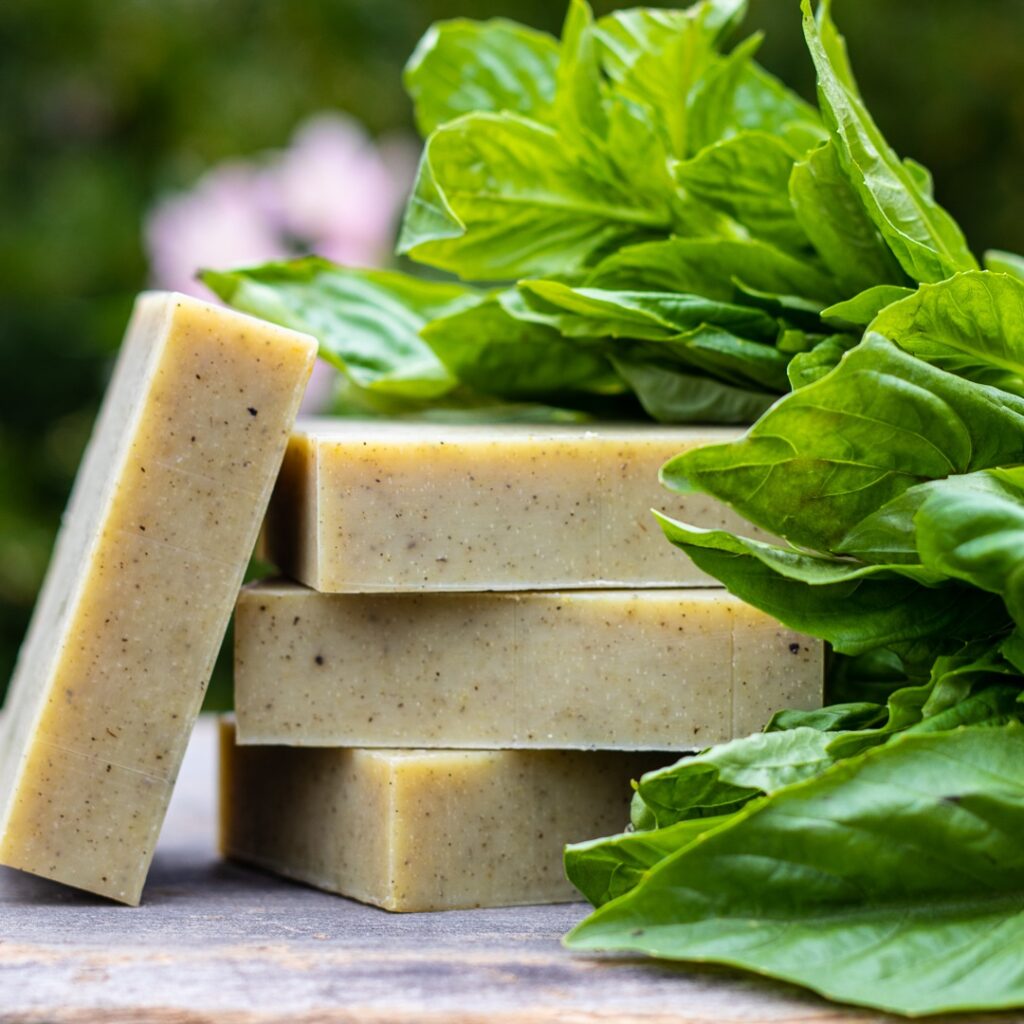Tips to choose natural cleansing product bars

In contrast to the synthetic chemicals typically utilised in the creation of conventional bar soap, organic soap is made from natural materials or those produced from organic living organisms, most usually plants.
Is there a quality difference between conventional and organic soaps?
The fact that they are man-made and contain lathering substances derived from petroleum as well as harsh colours and potentially dangerous preservatives is the main cause of this. However, when it comes to their impact on the skin, organic soaps are incomparable. They are made up of all-natural ingredients like glycerin, plant-based base oils, and essential oils.

The first step in any soap-making project, whether conventional or organic, is to gather together all the necessary ingredients and supplies. What you need to have on hand in advance to make soap depends depend on the type of soap you intend to make.
In order to manufacture organic soap, you’ll need the following materials:
Base for Soap. Using a soap base streamlines and accelerates the soapmaking process. In the soapmaking process, it is most often used during the melt-and-pour phase. The ingredients in a soap base are the same as those in unprocessed soap: oils, fragrances, and colours. Soap bases range from glycerine to castile, goat milk to shea butter, cocoa butter to olive oil, honey to oats. Organic Soap bars and shredded soap base are the two forms of soap base that may be found in the market.
Lye. Lye, also known as Caustic Soda, is a strong alkaline base. As part of the most popular technique of making soap, the cold process, it is combined with water, lard, or other fats. Flakes, pellets, powder, and beads are all available as solid dry forms of lye.
Thinner or Carrier Oil. Carrier oil is sometimes known as vegetable oil or base oil. It is added to the essential oils as a diluting agent and to aid in the oils’ absorption into the skin. Most carrier oils come from the pressing of various plants, fruits, seeds, and nuts. Oils extracted from olives, grape seeds, avocados, canola (rapeseed), sesame seeds, jojoba nuts, sweet almonds, pecans, walnuts, and macadamia nuts are just a few examples.
Fragrance or essential oils. Essential oils are sometimes referred to as volatile oils and ethereal oils, among other names. Plants are used to produce these extracts, and the extraction procedure is motivated by a desire to preserve the perfume or smell of the plant.
If you make your own organic soap, you can choose which ingredients go in and which stay out, ensuring that it contains only safe substances. You need just acquire tools like soap moulds and boilers, then set about making soap. Herbs and flowers, even those grown in your own yard, can be mixed and matched to achieve the desired hues and scents.





